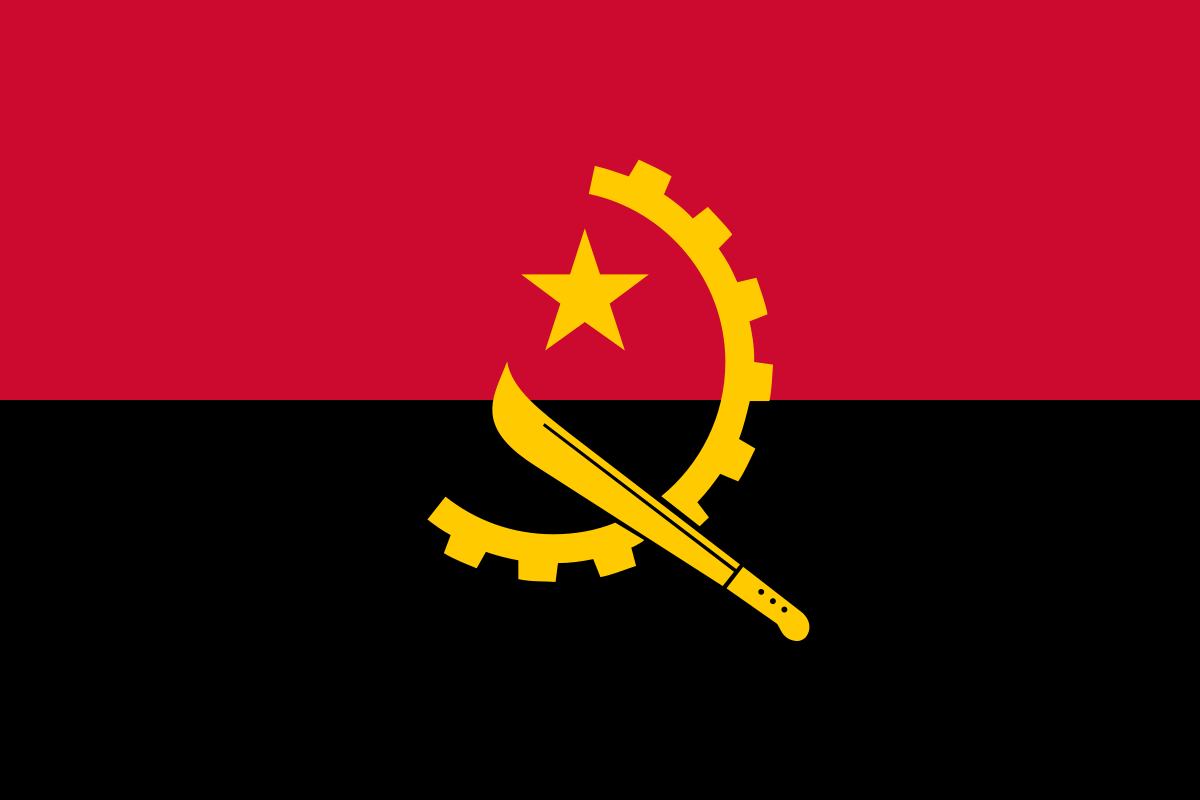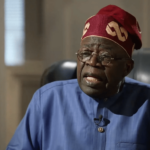On August 24, 2022, Angolans went to the polls to vote in parliament in which the leader of the party with the most seats automatically became the president, in effect winning the presidential election.
The ruling MPLA garnered 3,209,429 of the 6,454,109 total votes cast, which is 51.17% of the vote, thereby winning 124 of the National Assembly’s 220 seats. Its longtime opponent, the National Union for the Total Independence of Angola (UNITA), had a total of 2,756,786, which is 43.95%, ending up with 90 members of the parliament.
- ASUU strike: Commuters stranded as students block Lagos-Ibadan Expressway
- ASUU strike: Commuters stranded as students block Lagos-Ibadan Expressway
Three other parties, the Social Renewal Party (PRS) got a total of 71,351 votes and 1.14%; the National Liberation Front of Angola (FNLA) 66,337 votes and 1.06% and the Humanist Party of Angola (PHA) with 63,749 votes and 1.02% each won two seats. Three other smaller parties didn’t score up to one per cent of the votes and, therefore, got no seats in parliament.
With the MPLA extending its 47-year rule of the country, President Joao Lourenco won a second term. But for the first time, the MPLA lost the two-thirds majority that it needed to pass major bills in the national legislature.
The August 24 election was the fourth since the end of the Angolan civil war in 2002. The three previous post-war polls were marked by a steady decline in the number of people voting for the MPLA. In the last election five years ago, the party’s share of the vote was down to 61% nationally, in contrast to 70% in the previous election, according to the official tally.
Most worryingly for the ruling party, it came in with less than 50% of the vote in the capital, Luanda, a city that it historically regarded as MPLA heartland.
Although UNITA’s leader, Adalberto Costa Junior, rejected the official results, he urged calm. The opposition eschewed violence as there were no reports of major demonstrations in the capital or other cities.
This is UNITA’s best-ever result, doubling its presence in the legislature to 90 seats. It claimed that by its calculations, it should have won the election with 64% of the vote. It, therefore, filed a complaint. If the written complaint is rejected, the party can take the objection to the Constitutional Court, which must rule on it within 72 hours, according to Angola’s electoral regulations.
UNITA had campaigned for the support of Angola’s young, urban population and it won in Luanda, Angola’s most populous province, and in Cabinda and Zaire, the country’s main oil-producing provinces. Angola is Africa’s second-largest producer of oil and has rich diamond deposits, but the majority of the southern African country’s 34 million people remain in poverty, according to the U.N, and unemployment is currently above 30%.
But the fact that UNITA, which fought a bitter civil war against the MPLA and the Angolan people with support from the U.S. and apartheid-ruled South Africa coming close to winning the election should be a warning sign to the ruling party, and indeed for all ruling parties in Africa. The same youth rebellion propelled William Samoei Ruto of the United Democratic Alliance to win Kenya’s presidential election. It is clear that youths in Africa are burking history and stories of the old as they fight for their future in their anything-but-the-status quo stance.
Also, Angola should put its house in order as one of the striking things about the election is that fewer than half of Angola’s registered voters turned out for the election in a country known for high turnout. Election data released by the country’s electoral authorities showed that turnout was 45.65% of eligible voters.
President Lourenço has pledged to extend reforms in his second term, including privatising poorly-run state assets. He should go beyond mere platitudes and alleviate the lives of Angolans still living in poverty despite promises of a fairer distribution of wealth, a situation which benefited UNITA that was popular with poor, jobless youths.
Like other African leaders, the president must turn around the economy and improve the living conditions of Angolans, who have a medium age of 16.7 years. These youths have become the symbol of destitute citizens, with the majority of them bereft of education, lacking social and economic structures and armed with only low-skill.
Perhaps noteworthy and commendable was the fear that any election dispute could ignite violence didn’t come to pass. We, therefore, congratulate Angolans for not only holding their fourth election in a row, but for conducting themselves with decorum and avoiding any violence. We also hope the final outcome of the process will represent the will of the Angolan people.
In the end, the season of discontent should be turned to rays of hope. There should be clear pursuit of investment goals in social, economic and educational conditions. Like Angola, each of the governments in Africa should deal with the issues of inequality and unemployment which are sharpening by the day. Millions of young people were voting for the first time and they hold values and views dramatically different from those of their politicians. They are also impatient for change. Their energy must be harnessed and guided appropriately.




